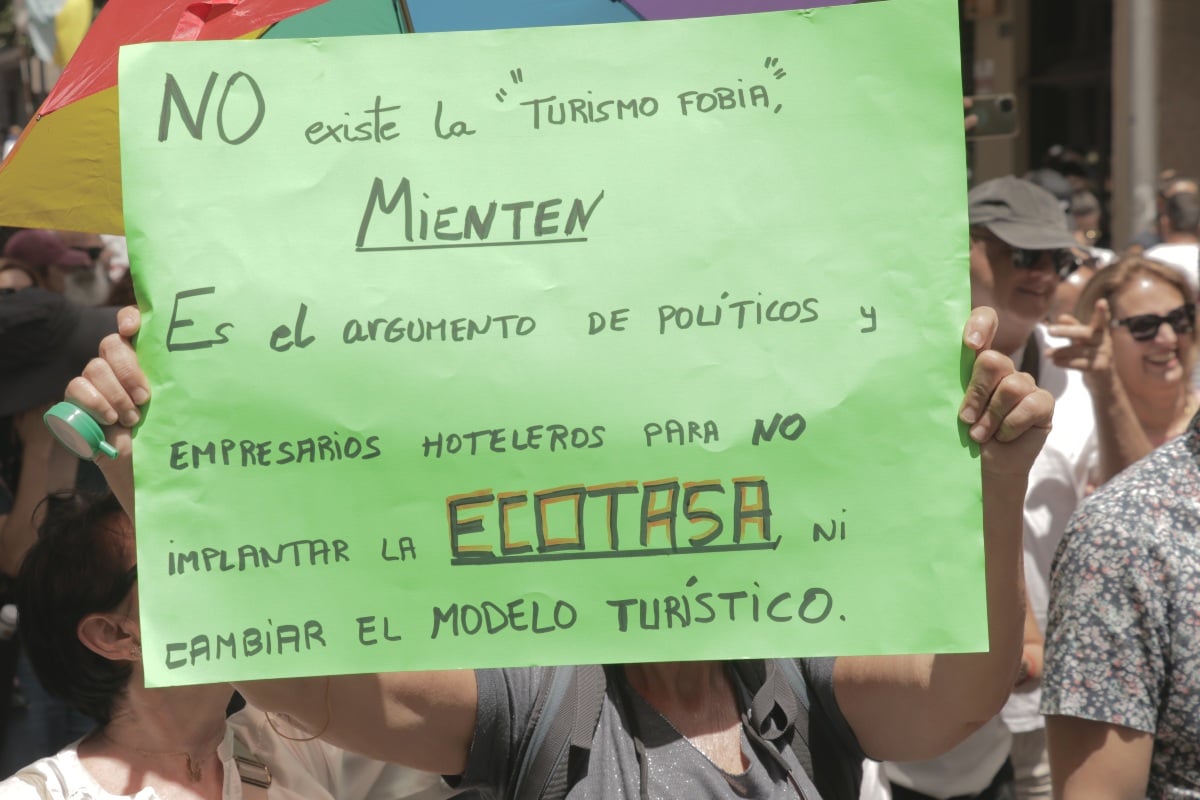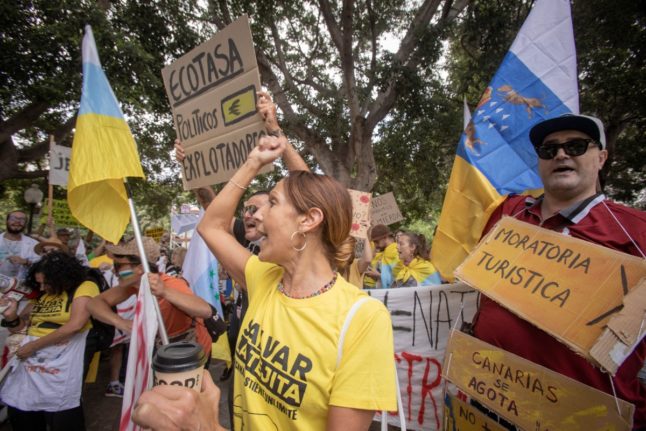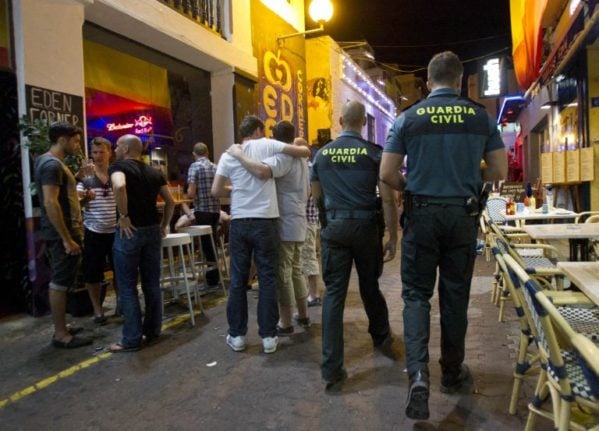The Canary Islands’ political sphere is attempting to appease their almost two million inhabitants with measures which will protect the islands’ nature from rampant overdevelopment derived largely from their ever-growing tourism industry.
This comes after on April 20th tens of thousands of protesters took the streets of all eight Canary Islands and European cities such as London, Berlin and Madrid under the slogan “The Canary Islands have a limit”.
READ ALSO: Mass protests in Spain’s Canary Islands decry overtourism
On Monday, President of Tenerife’s Cabildo government Rosa Dávila proposed an environmental tax, or ecotax, one of the main demands of the protests’ organisers.
Proceeds from this ecotax “would go entirely to the protection and recovery of protected natural spaces”, Dávila said, such as the Teide National Park or the lush laurel forests of Anaga Rural Park.
It is unclear if such an ecotax in Tenerife would take the shape of the usual tourist tax that exists in numerous cities in Spain and in 21 countries across Europe, which usually is a small amount added each day to holidaymakers’ hotel bill.
In any case, at Tuesday’s plenary session in the Canary Parliament the right-wing Popular Party opposed such a measure across the archipelago, with their leader and vice president of the islands Manuel Domínguez saying “we are not in favour of creating a tax for sleeping in a hotel, a caravan or a holiday home”.
The motion presented by centre-left coalition Nueva Canarias-Bloque Canarista (NC-BC) also included other proposals such as a moratorium on new hotel beds, banning the sale of properties to non-residents and limiting Airbnb-style holiday lets, suggestions the PP and other Canary political parties shunned.
The leader of the Canaries’ Ashotel and CEHAT hotelier associations Jorge Marichal has also unsurprisingly voiced his opposition to a possible tourist tax, shifting the blame instead onto the proliferation of short-term holiday lets and their impact on Tenerife’s rental market.

An NC-BC spokesperson stressed that every 15 days a new emergency is declared in the Canary Islands – water, energy or housing – which is “evidence that something is colliding, that something is not right, and that’s what people expressed during these days”.
READ ALSO: ‘The island can’t take it anymore’ – Why Tenerife is rejecting mass tourism
Catalonia and the Balearic Islands both charge holidaymakers tourist taxes. Spain’s Valencia region was also planning to until the right-wing government now in power revoked the law early in 2024.
However, the measures that were approved by the Canary Parliament were charging an entrance fee to visit Tenerife’s key sites and natural spaces, from which residents of the Canary Islands would be exempt from paying, and no offering up anymore land to hotels and other tourist complexes.
For his part, the regional president of the Canaries Islands Fernando Clavijo, whose national party Coalición Canaria is also against an ecotax, has suggested that an “environmental VAT” would be a “more efficient” way of improving the quality of life of islanders, as it would redistribute the wealth of tourism and advance social policies.
The reticence of the governing elite to adopt drastic measures that will lead to a more sustainable tourism model in the Canaries is unlikely to go down well among disgruntled locals, whose turnout at Saturday’s protests prove how much they want change.



 Please whitelist us to continue reading.
Please whitelist us to continue reading.
Member comments